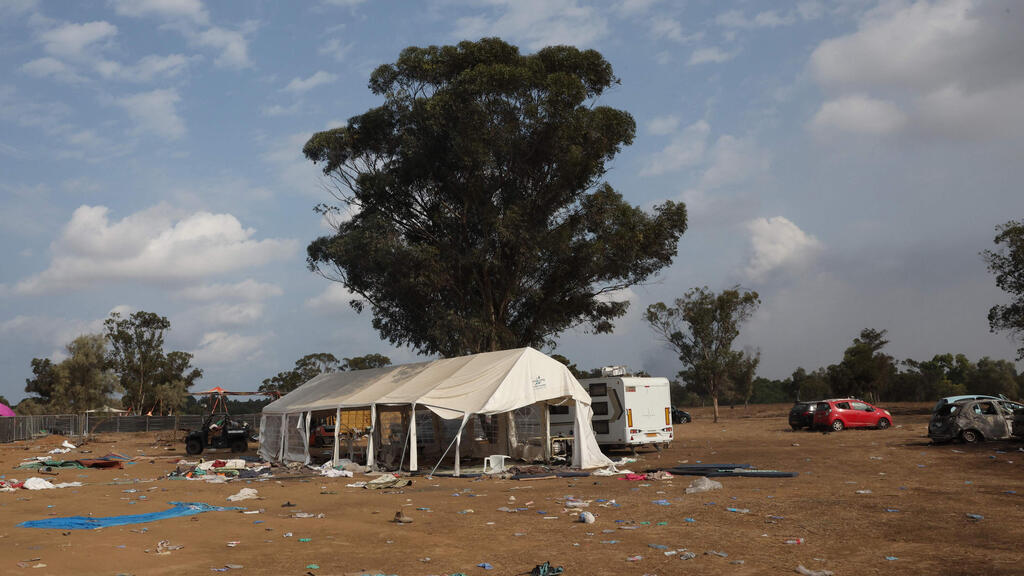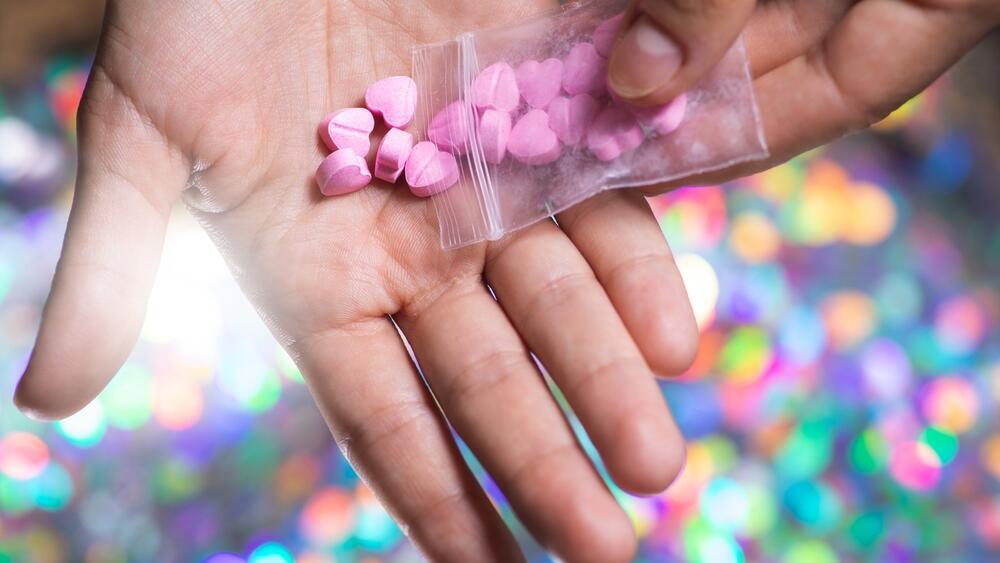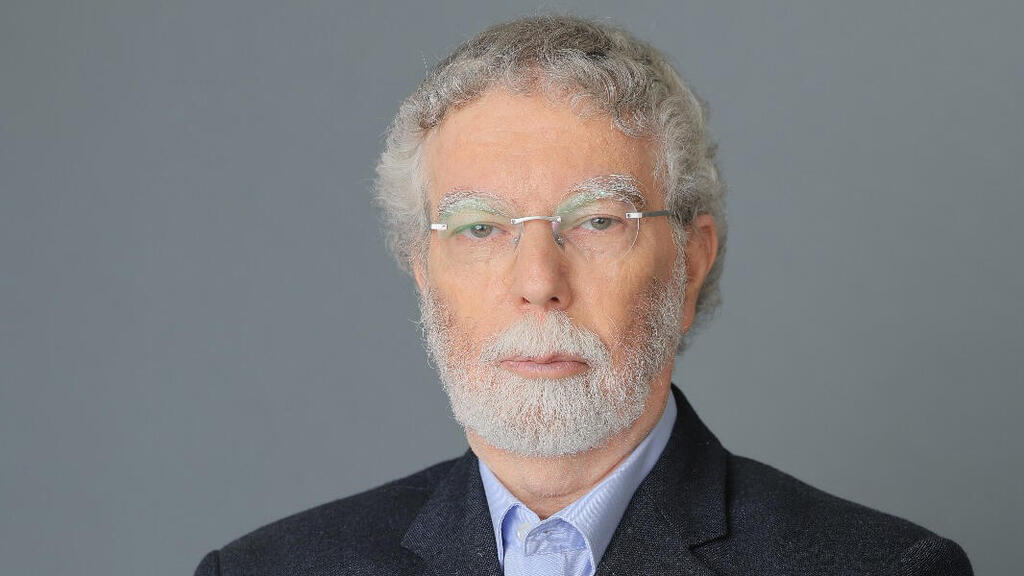Psychedelic substances significantly reduced anxiety and post-traumatic stress symptoms among survivors of the Nova music festival massacre, according to peer-reviewed research by Reichman University and other institutions, published in the Journal of Psychopharmacology.
The study, led by Einat Brenner, Prof. Mario Mikulincer and Dr. Zohar Rubinstein, was conducted three weeks after the October 7 Hamas attack and included 343 participants aged 18 to 64 — 189 women and 154 men — who had attended the Nova festival.
All had consumed psychoactive substances between one and five hours before the assault: 133 used cannabis, 147 consumed alcohol, 124 took MDMA and 57 used what the study classifies as “classic psychedelics,” such as psilocybin mushrooms, LSD or mescaline.
Participants were divided into three groups: those who had consumed at least one classic psychedelic, those who had taken only MDMA and those who had not used any psychedelics. They were asked to complete psychological assessments in person, including the widely-used GAD-7 anxiety questionnaire.
The goal was to analyze their mental state, what substances they used before and during the festival and how those substances may have influenced their psychological responses to trauma.
The results showed that survivors who had taken classic psychedelics reported significantly lower levels of anxiety and PTSD symptoms compared to those who had not taken any psychedelics or had used substances such as MDMA, cannabis or alcohol.
These differences remained statistically significant even after accounting for variables such as age, gender, psychiatric history and prior psychedelic use.
For example, the average anxiety score across all participants was 1.90, while among classic psychedelic users, it dropped to 1.38. PTSD symptom scores followed a similar trend, falling from an overall average of 3.27 to 2.83 among those who had taken classic psychedelics.
Get the Ynetnews app on your smartphone: Google Play: https://bit.ly/4eJ37pE | Apple App Store: https://bit.ly/3ZL7iNv
The effect was strongest among participants who had not mixed psychedelics with other substances like alcohol or cannabis. Contrary to findings from earlier studies, MDMA use was not associated with a significant reduction in PTSD or anxiety symptoms.
"This is a dramatic finding," said Dr. Zohar Rubinstein of Reichman University's Baruch Ivcher School of Psychology, one of the lead researchers. He said the study offers new insights for clinicians and researchers by providing real-world evidence that classic psychedelics may reduce trauma symptoms.
Still, Rubinstein cautioned that the study relied on self-reporting and field conditions, with no way to confirm substance purity or dosage.
The idea for the study emerged from the unique nature of the Nova massacre—an event that combined extreme trauma and psychedelic use in a real-world setting rather than a controlled lab.
“While post-traumatic symptoms following war and terror are becoming increasingly common globally, our scientific understanding of the neurobiological mechanisms behind them is still limited,” Rubinstein explained.
He noted that most previous studies have relied on animal models and not on direct evidence from humans exposed to extreme trauma — let alone while under the influence of mind-altering substances.
“We felt a need to understand, as much as possible, how each substance affects the individual,” Rubinstein said. “From this, we might eventually draw conclusions about trauma treatment—and challenge some of the negative assumptions surrounding these substances.”
Rubinstein stressed that follow-up research is needed, as PTSD symptoms can emerge months after a traumatic event. “Still, we know that low levels of symptoms early on may indicate a less entrenched trauma response and a lower risk of long-term PTSD,” he added.
Despite the promising findings, the researchers stressed caution. “These results are not an endorsement of unsupervised psychedelic use, nor do they imply that such use constitutes treatment,” Rubinstein clarified.
“What we’re identifying are potential mechanisms that warrant further study and may help explain how supervised psychedelic use, within integrated psychological therapy, could have therapeutic benefits.”
Other contributors to the study included Prof. Rani Abend of Reichman University’s Baruch Ivcher School of Psychology; Prof. Shaul Lev-Ran of Tel Aviv University's Sackler Faculty of Medicine and the Israel Center on Addiction (ICA); and Dr. Lea Naor of the University of Haifa.




